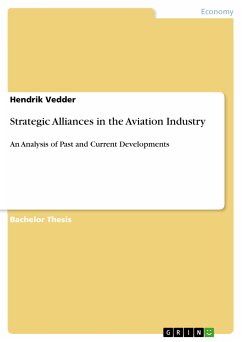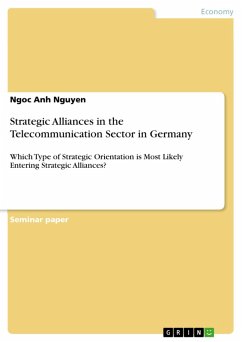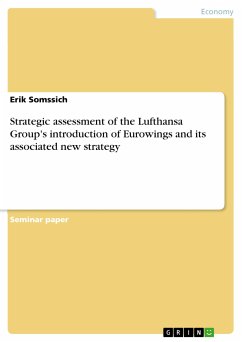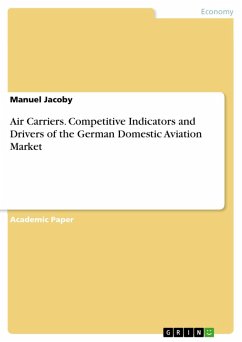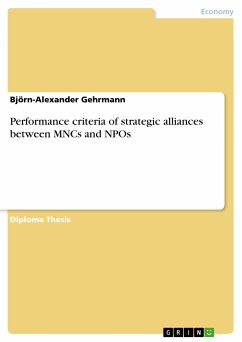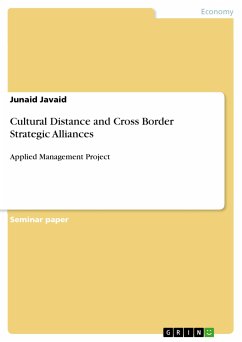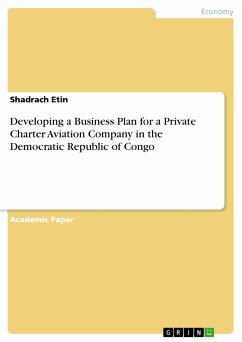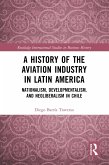Bachelor Thesis from the year 2008 in the subject Business economics - Business Management, Corporate Governance, grade: 1,9, European Business School - International University Schloß Reichartshausen Oestrich-Winkel (Chair of Strategic Aviation Management), course: Bacheloarbeit, language: English, abstract: "Companies are just beginning to learn what nations have always known: in a complex, uncertain world filled with dangerous opponents, it is best not to go it alone" (Ohmae, 1989, p. 143). This statement emphasises the significant developments in firms' corporate strategy in the 1980s. As a response to the rise of globalisation, and thus, increased competition, companies throughout the world started collaborating with partners with interfirm cooperation. Their cooperative practices, though, were not equally relevant in all branches, but concentrated mainly on industries that were affected most by the in-creasing environmental dynamic and complexity. Therefore, firms in various industries, such as the automotive or telecommunication industry, established alliances with their competitors in order to stay competitive and to jointly expand into world markets. However, the aviation industry, in particular, has experienced downright alliance frenzy since that time. With the gradual liberalisation of international air transport, collabora-tions between carriers have steadily gained importance. Therefore, airline alliances have developed from purely horizontal links into more complex and integrated strategic alliances. These strategic alliances have been established mainly to bypass existing regula-tory restrictions and to adapt to customers' altered preferences by extending the airlines' networks. However, with the incidents that occurred during the first years of the 21st century, such as the terrorist acts of 9/11, partner airlines were forced to react to the changed external conditions. This development highlights the high dependence of air-lines and their strategic behaviour on the external environment. Therefore, this thesis aims to analyse the external conditions that persuaded the airlines to align in complex strategic alliances, and how these factors influenced their objectives. Furthermore, the thesis reveals the extent to which the changes in the external environ-ment have induced a reorientation in the airlines' alliance strategy.
Dieser Download kann aus rechtlichen Gründen nur mit Rechnungsadresse in A, B, BG, CY, CZ, D, DK, EW, E, FIN, F, GR, HR, H, IRL, I, LT, L, LR, M, NL, PL, P, R, S, SLO, SK ausgeliefert werden.

